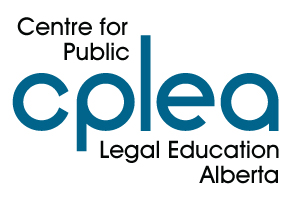LawNow is a bi-monthly digital public legal education magazine which has been published by the Centre for Public Legal Education Alberta for almost 40 years. Its articles and columns are written in plain language take a practical look at how the law relates to the every day lives of Canadians. In each issue, LawNow’s human rights column takes a look at a specific topic in this area of law and explains it clearly and concisely.
Human rights are moral rights and freedoms that belong to everyone simply by reason of being human. They include the right to life, liberty and a decent human experience as well as all of the political, social, and economic rights necessary for people to live dignified lives. In Canada these rights are protected both by specific laws (for example, anti-discrimination laws) and by our constitution.
CPLEA resources on human rights. Resources include information on how to file a human rights complaint. See: https://www.cplea.ca/humanrightswhenrenting/
Canada/Federal
The Human Rights Research and Education Centre is an independent centre within the University of Ottawa. It comprises researchers specialized in law, social sciences and the arts. The Centre places a particular emphasis on issues of public policy concerning peace, migration and immigration, health, environment, international trade and investment, poverty and vulnerable groups.
This section of the Department of Justice Canada website includes information on human trafficking. Related keywords: Human rights (146), International law (83
This booklet is for people who would like to learn more about their constitutionally-protected French language rights outside of Quebec.
This site is dedicated to the protection and advancement of human rights in Canadian prisons and to promote a culture of respect for the Rule of Law behind prison walls. The primary resource on the site is the electronic edition of Michael Jackson's latest book. The electronic version supplements the printed version by including several additional chapters, further case studies and an expanded commentary on law and policy.
The Native Women’s Association of Canada (NWAC) is a National Indigenous Organization representing the political voice of Indigenous women, girls and gender diverse people in Canada, inclusive of First Nations on and off reserve, status and non-status, disenfranchised, Métis and Inuit. NWAC works on a variety of issues such as employment, labour and business, health, violence prevention and safety, justice and human rights, environment, early learning childcare and international affairs.
The Native Women's Association of Canada (NWAC) is founded on the collective goal to enhance, promote, and foster the social, economic, cultural and political well-being of First Nations and Métis women within First Nation, Métis and Canadian societies. As a national organization representing Aboriginal women since 1974, NWAC’s mandate is to achieve equality for all Aboriginal women in Canada. NWAC is actively involved with partner organizations across the globe towards this goal, including the United Nations and Amnesty International to end the discrimination against Indigenous women.








Follow CPLEA